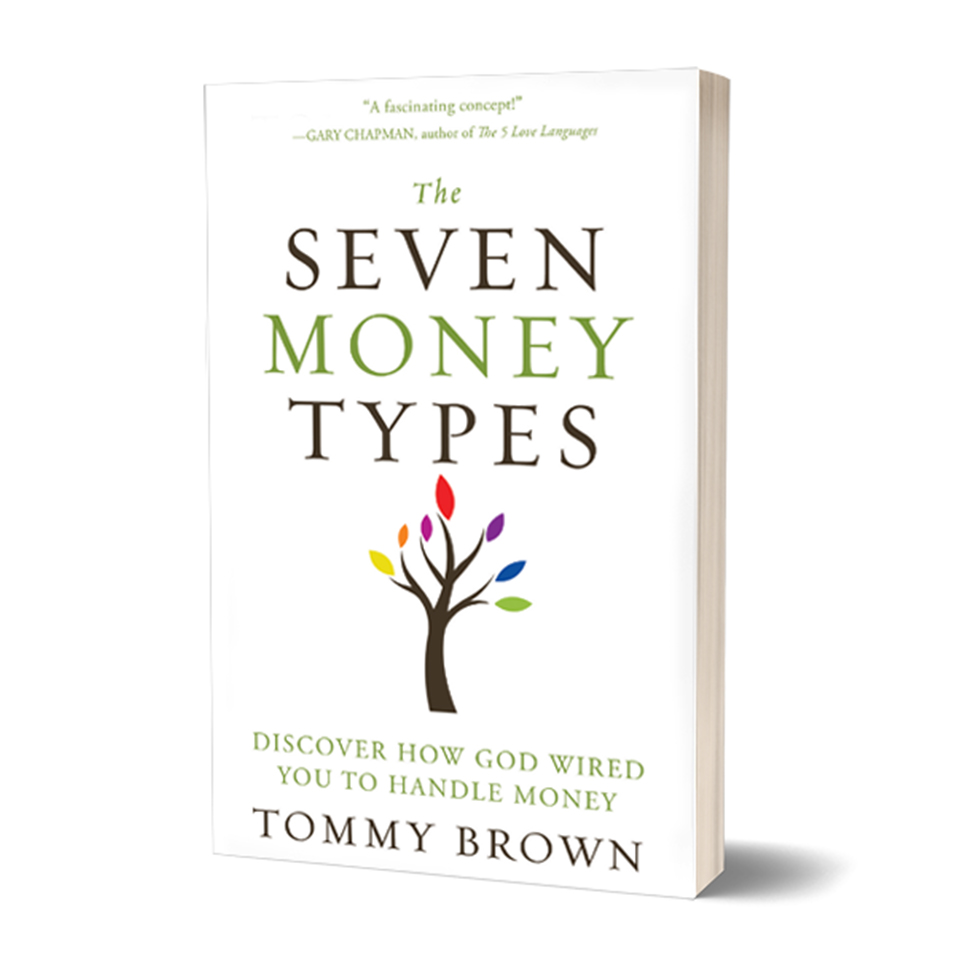We come to divinity school with many different histories with, relationships to, and understandings of money and finances. While every student’s financial landscape is different, every student is managing both their resources and responsibilities.
While at Wake Div, we want to help you to become more financially literate and to unpack some of your views around money, all in the name of working toward financial wellbeing. Being a part of Wake Forest University, our students have access to a variety of university-led resources around financial wellness, as well as our own divinity-specific programming, such as connecting students with paid internships, workshops focused on financial topics, and more.
Financial Wellbeing Resources
WFU’s Student Financial Aid Office provides a wealth of financial wellbeing resources, including loan repayment calculators, guides to managing student loan debt, and general financial literacy information.
The Office of Wellbeing’s Financial Wellbeing page provides links to useful tools for financial education and planning.
WFU partners with iGrad, a personal financial literacy platform, to provide financial information and tools personalized to your needs.
CashCourse offers online personal finance tools that help you build real-life-ready financial skills through budgeting tools, financial goal setting, and more.
Student Employment at WFU and Wake Div Graduate Assistantships provide information about employment for students. .
Financial Planning Apps
Mint.com allows you to automatically track all your checking accounts, saving accounts, and credit cards in a central location, neatly categorizing and displaying the transactions along the way with informative graphs.
An app that analyzes your income and expenses prior to providing a slew of financial advice and revealing infographics detailing your expenditures. You can also set frequent payments, enable intelligent notifications, snap photos of important bills and notes, and export your data and editable categories to Excel, CSV, and Google Drive.
A calendar-like app, Dollarbird makes sense for anyone who wants to keep a closer eye on their cash flow for better financial planning purposes.
Self-Awareness and Your Financial Freedom
Tommy Brown (MDiv ’15) is a writer, speaker, and develops strategies that support financial development. In this excellent resource, The Seven Money Types, Brown will lead you on a journey of personal discovery as he reveals the seven money types found in scripture, helps you identify the type that best fits you by means of a user-friendly assessment, and coaches you on understanding, affirming, developing, and enjoying your unique approach to money.
“Discovering your money type – whether you are an Abraham (hospitality), an Isaac (discipline), a Jacob (beauty), a Joseph (connection), a Moses (endurance), an Aaron (humility), or a David (leadership) – will bring greater self-awareness, reduce internal financial tension, help you resolve financial conflict with others, and help you grow financially from a faith-based perspective,” Brown says. “Walk through the scriptures and find your holistic financial pathway that leads to greater confidence and peace with money.”


